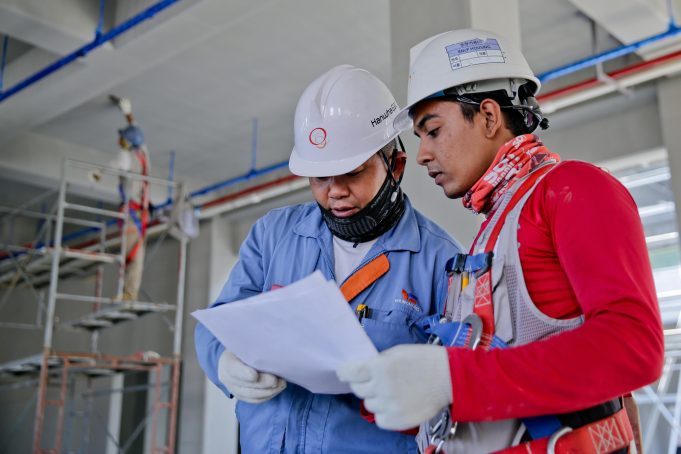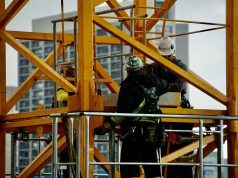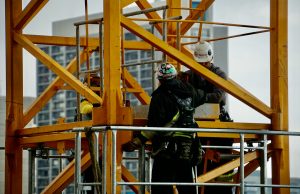Constructing shared walls isn’t as easy as it may look on paper. You must comply with the legal frameworks before any work that affects your neighbor’s property starts.
Here is where the Party Wall Act comes into play. It contains rules and regulations that govern the responsibilities of property owners undertaking construction work that could affect adjoining properties. Knowing these rules is crucial if you want to build a wall or excavate near your boundaries.
In this article, we delve deeper into what you need to know about this law and its role during construction.
A Little Bit About the Act
If you live in the UK, you might have heard about the Party Wall Act. The purpose of enacting these laws is to resolve conflicts between neighbors regarding shared walls or building projects near your neighbor’s property.
The role of the Act is to ensure that everyone involved is treated fairly. Also included in the Act are ways to arbitrate issues relating to shared walls. A party wall surveyor oversees the writing and awarding of the party wall notice.
Let’s look at some key provisions found in the Party Wall Act.
Notification Requirement
According to the Act, you must notify your neighbor of the impending works via a formal notice before breaking ground. The surveyor is responsible for drafting a notice, which must be issued to your neighbor eight weeks before breaking ground for the construction project.
The Act covers different types of construction works, such as building walls to separate two properties, renovating shared walls, and excavation works happening within a set distance from neighboring structures.
Legal Compliance
Owners must ensure that they comply with the Party Wall Act when embarking on construction projects that could potentially impact adjacent properties. Failure to comply can lead to fines and stalling the project, and in serious cases, your neighbor and other relevant parties can take legal action.
The Act also serves to protect the interests of both parties. For example, it will stipulate areas you can access when building a shared wall. In general, it lessens the risk of damage to surrounding properties and ensures the smooth advancement of construction work.
The Award
Once all issues regarding rules and regulations are ironed out, the surveyor will issue involved parties with a party wall award. The document is legally binding and serves as a means to resolve any potential disputes that may arise concerning the shared wall or construction project.
The Act also contains dispute resolution clauses. This may involve hiring a neutral party to resolve disputes, and if necessary, draft a new party wall award outlining the terms under which the project will proceed.
Let us look at what role the Party Wall Act 1996 plays in construction.
Communication and Arbitration
The Party Wall Act necessitates communication between the involved parties. This fosters transparency and cooperation during the project. As a result, misunderstandings and conflicts can be avoided, fostering better relationships between neighbors.
The Act also prevents disputes from spilling into legal battles. Hiring a party wall surveyor to arbitrate between two parties is cheaper than taking the case to court. Early engagement and resolution of potential issues can save time, money, and stress for all parties involved.
Summing Up
If you intend to erect a wall to separate your property from your neighbor’s, you must adhere to the Party Wall Act. It plays a significant role in construction and can help involved parties avoid misunderstandings in the future.
Ensure that you hire a competent party wall surveyor to draft a party wall notice on your behalf. They will also help you bring your neighbor to the table for discussions before signing the party wall award.














